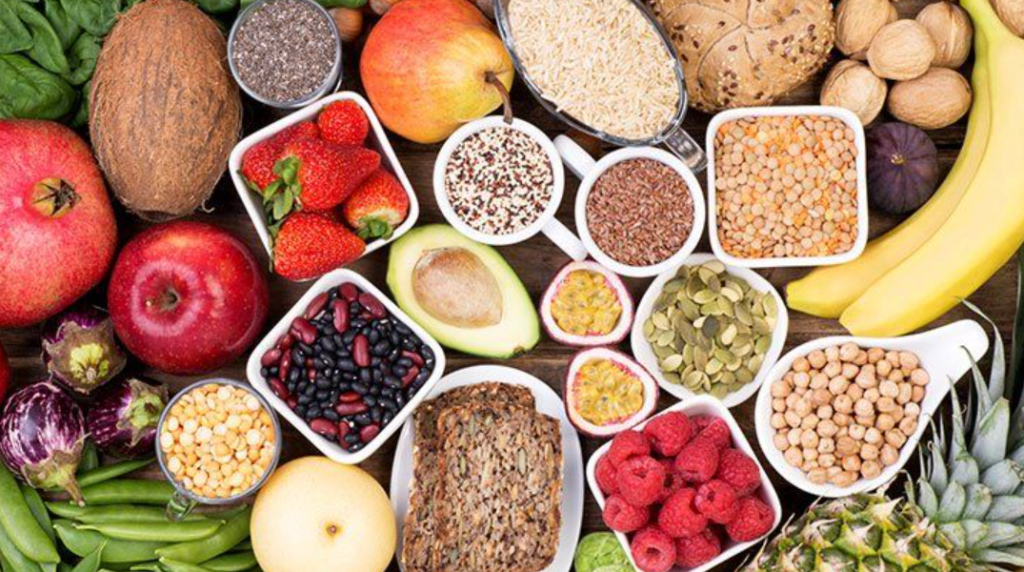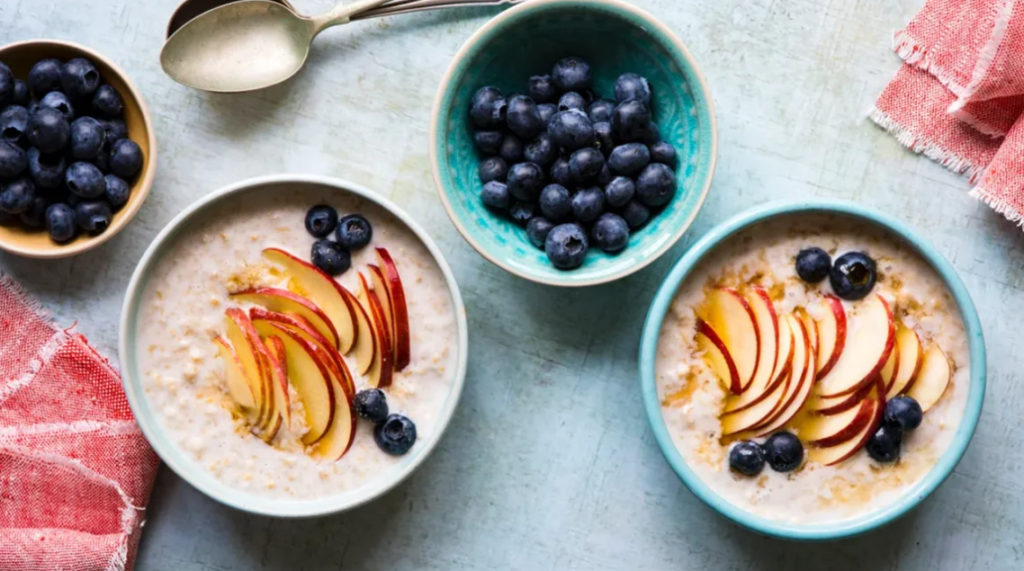Dietary fiber is found in plant foods, such as fruits, vegetables, and whole grains. It can help lower your risk of heart disease, keep your blood sugar levels stable, and improve your gut health.
Most people don’t eat enough fiber. In fact, an estimated 95% of American adults and children don’t consume the recommended amounts.
However, eating too much fiber can also have some negative effects. Fiber comes in two types: soluble and insoluble. Soluble fiber dissolves in water and helps food move through your digestive system. Insoluble fiber adds bulk to stool and makes it easier to pass.
Both types of fiber are good for your health, but too much fiber can lead to side effects such as:
- Bloating
- Gas
- Abdominal cramps
- Diarrhea
- Constipation
If you increase your fiber intake too much or too soon, you may experience these side effects.

Bloating and Gas
When you eat a lot of fiber, especially if you’re not used to it, your stomach may feel bloated and gassy. This is because your gut bacteria need time to adjust to the extra fiber.
Usually, these side effects go away after a few days or weeks. But if they’re severe or don’t improve, talk to your doctor.
Here are some tips for reducing gas and bloating caused by eating too much fiber:
- Start by adding small amounts of fiber to your diet gradually.
- Eat a variety of fiber-rich foods, including fruits, vegetables, and whole grains.
- Drink plenty of fluids.
- Avoid eating large amounts of fiber at one meal.
- Avoid processed foods and sugary drinks.
Mineral Deficiencies
Excessive fiber consumption can hinder the absorption of key minerals such as calcium, iron, magnesium, and zinc. Fiber acts as a binding agent, preventing your body from absorbing these minerals from the foods you consume. While many high-fiber foods are naturally rich in these minerals, some individuals might face a risk of mineral deficiencies. In such cases, increasing your intake of mineral-rich foods, such as meat, can help compensate for this issue.

Constipation
While it might seem like eating fiber should help with constipation, it doesn’t work for everyone. Surprisingly, in some cases, fiber can even worsen constipation. Different studies have had mixed results: some suggest adding fiber to your diet can help with constipation, while others say reducing it is better.
Moreover, some studies have found that people with chronic constipation consume similar amounts of fiber as those without the condition. Therefore, if your constipation is caused by something other than a lack of fiber, such as certain medications, irritable bowel syndrome (IBS), or dehydration, increasing your fiber intake may not help and could potentially make your situation worse.
Intestinal Blockage
Although uncommon, excessive fiber intake can lead to a situation where undigested fibers or stool gets stuck in a narrow section of your intestines. This can be painful and require immediate medical attention. When undigested fiber from fruits or vegetables forms a hard, solid mass, it can block the passage through the intestines. This is more common in older adults who may not chew their food thoroughly. Intestinal blockages are a serious issue and may necessitate surgery.
How Much Fiber Should You Eat in a Day?
There isn’t a specific upper limit for fiber intake, so it’s not about a harmful amount. Daily fiber recommendations vary based on factors like your age, gender, and personal needs. The U.S. Dietary Guidelines suggest about 14 grams of fiber per 1,000 calories, translating to roughly 28 grams daily for most adults across meals and snacks. But, individual preferences can differ, so it’s advisable to discover the right fiber intake for you through experimentation.

Women
The suggested daily fiber intake for the typical adult woman is around 25 grams. However, your specific needs can vary based on factors like your age and size. If you’re over 50, the recommended minimum amount is about 21 grams per day.
Men
The typical adult man should aim for around 38 grams of daily fiber intake. However, your specific requirements can vary depending on factors like your size, age, and personal needs. If you’re over 50, having at least 30 grams of fiber daily is suggested.
Children
Children and teenagers can have different needs because they come in various sizes and ages. Generally, older kids and teens should aim for a daily fiber intake of between 21 and 38 grams.
Getting this amount can be a challenge for some because they may eat smaller portions. To help them eat more fiber, focus on fiber-rich foods, such as nuts, beans, whole grains, fruits, and vegetables.

